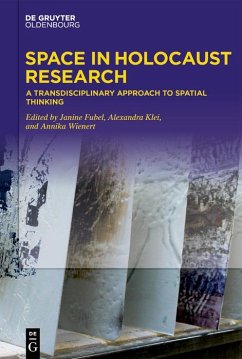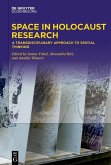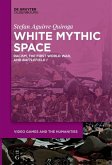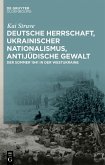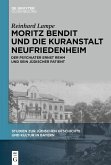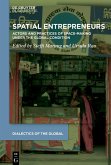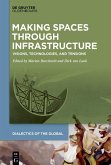In the first part of the book, renowned scholars introduce readers to the relevance of space for key aspects of Holocaust Studies. In the second part, nine original case studies demonstrate how and to what ends spatial thinking in Holocaust research can be put into practice. In four introductory essays, the editors identify spatial configurations that transcend conventional disciplinary, chronological, or geographical systematizations: Fleeting Spaces; Institutionalized Spaces; Border/ing Spaces; Spatial Relations. Drawing on a host of theoretical concepts and addressing various historical contexts as well as different types of media, this book offers scholars and students valuable insights into cutting-edge, international scholarly debates.
Janine Fubel, FernUniversität in Hagen; Alexandra Klei, Institut für die Geschichte der deutschen Juden; Annika Wienert, Max Weber Stiftung.
Dieser Download kann aus rechtlichen Gründen nur mit Rechnungsadresse in A, B, BG, CY, CZ, D, DK, EW, E, FIN, F, GR, HR, H, IRL, I, LT, L, LR, M, NL, PL, P, R, S, SLO, SK ausgeliefert werden.

